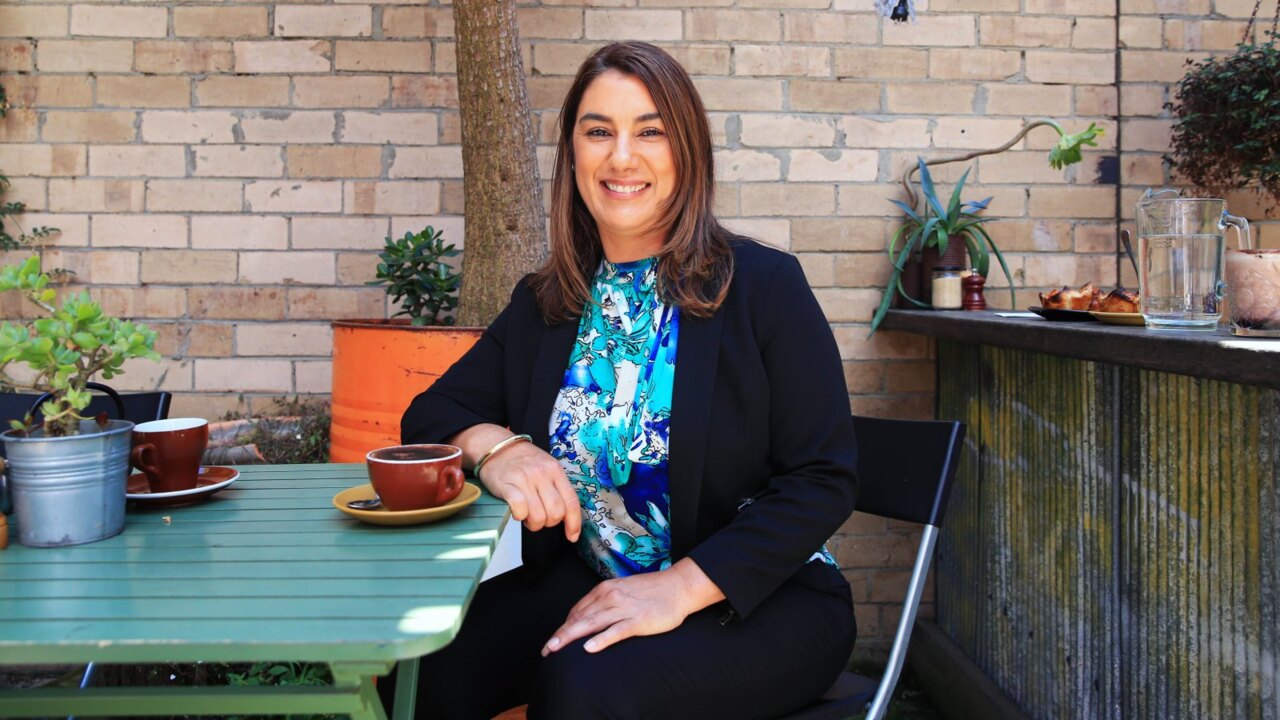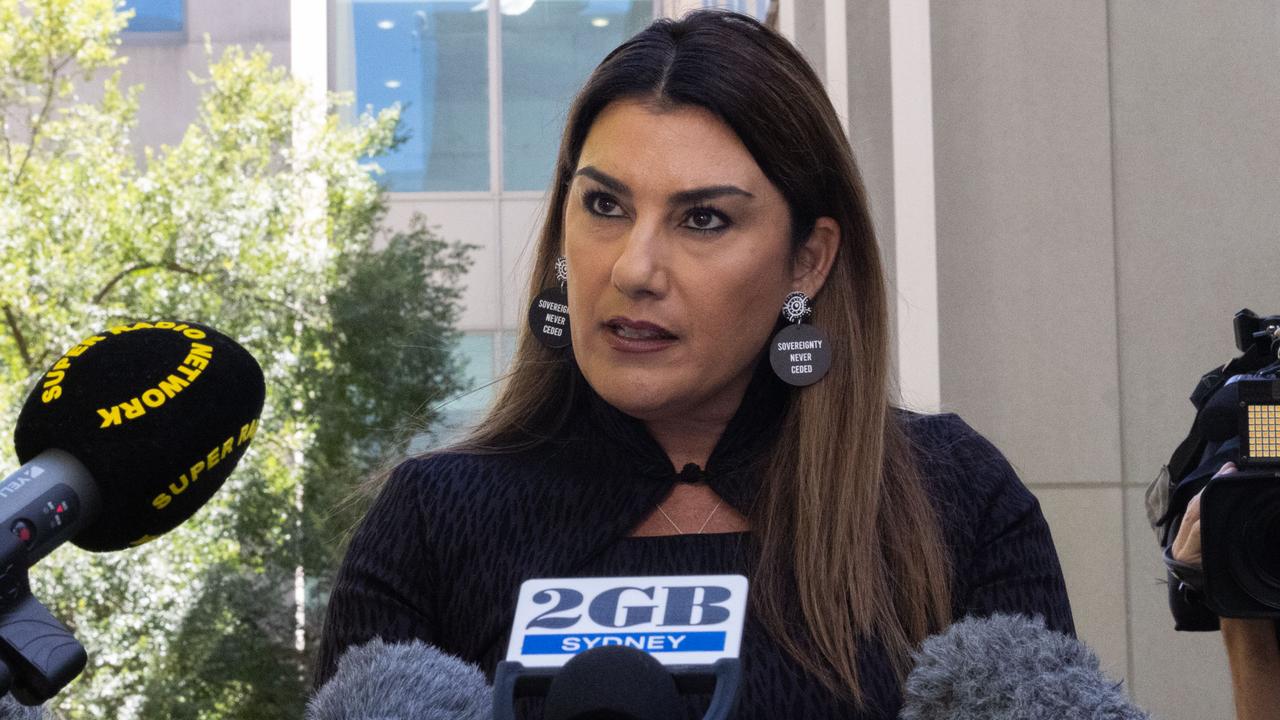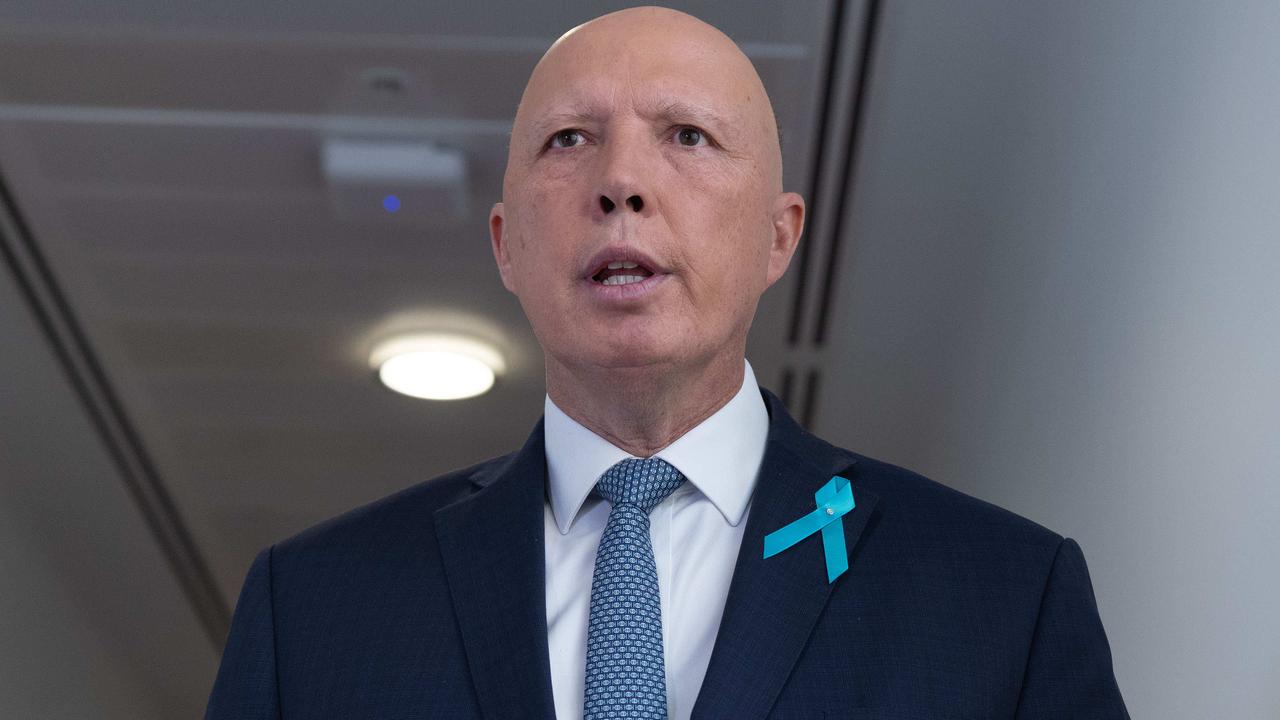Why Lidia Thorpe’s defection spells trouble for Anthony Albanese and the Voice
Lidia Thorpe’s defection from the Greens will be a huge blow to the PM, who will need to woo a new group to get his legislation through the senate.

Prime Minister Anthony Albanese will now need to woo Jacqui Lambie and Tammy Tyrrell if his promise of a Voice to Parliament is to come to fruition this year as promised.
Lidia Thorpe’s defection from the Greens has changed the balance in the Senate, putting even more power in the hands of the growing crossbench.
Before Senator Thorpe’s decision to leave the party on Monday, Labor had been able to get legislation through the senate without the support of Coalition, provided it had the 12 Greens senators and Senator Pocock on side.
Ms Thorpe’s move means the government now not only needs the remaining members of the Greens and independent senator David Pocock - who has indicated his support for the Voice - but at least one other crossbencher.
As it stands, Senators Lambie and Tyrrell are the government’s best bet.
But Ms Lambie has said she’s not inclined to vote “yes” unless she’s confident the government stops talking about action, and starts taking action.
A spokeswoman for Ms Tyrrell said she was still considering her position, wanting to learn as much as she could before she formalises a position.
On Monday, Ms Lambie said at this point she would vote no, but sources say the Tasmanian is still considering her position and is keen to engage with all sides.

With no guarantees on what Ms Thorpe will side with the Greens on from this point forward - other than climate - the government is staring down a long barrell of considerable consultation and negotiation, most pressingly on the Voice.
While this could be avoided if the Liberal party land on a “yes” position, the government still faces a struggle at the first hurdle after the Coalition came out against the government’s proposed Referendum Machinery Bill.
This is the piece of legislation required to modernise the referndum voting system, and needs to be cleared before the government can even formalise the question it intends to ask later this year.
The Coalition has agreed not to support the Bill unless the government changes its mind and moves to equally fund a “yes” and “no” campaign, as well as distribute official pamphlets – a move the government is unlikely to budge on.

In announcing her decision to leave the party, Senator Thorpe said she was not ready to announce her final position on the Voice – but that the “community of activists” wanted Treaty before Voice.
Given she led anti-Voice protests on Australia Day, it’s unlikely the government can count on her vote.
Mr Albanese used the Labor caucus briefing on Tuesday to explain how he’ll tackle any speed bumps on his road to passing legislation.
“We will continue to have to negotiate to get legislation through,” he told his colleagues.
Opposition Leader Peter Dutton on Tuesday said the Liberal party would make its decision on the Voice in the “not too distant future”, but overwhelmingly is concerned about what he claims is a lack of details.
“I don’t think people should speculate about what the party might or might not do until we make an announcement,” he told ABC Radio on Tuesday.

Should individual MPs and senators not agree with the final party position, there is an option for them under the party room rules which would allow them to cross the floor.
This has happened before, and could happen again in the instance that the Liberals do not support the Voice.
The junior coalition party, the Nationals, will not support the Voice.

Looking beyond the Voice, a raft of contentious legislation will come before the Senate later this year which Labor will now need to spend time negotiating with crossbenchers on.
Senator Thorpe’s defection also raises the risk that the Coalition could join other non-Greens crossbenchers, including senators Lambie, Tyrrell, Pauline Hanson and her affiliate Malcolm Roberts, and United Australia Party’s Ralph Babet, to form an absolute majority to counter the government on contentious legislation.
The government’s second wave of industrial relations reforms, planned for later this year, could be caught in the crossfires.
It was only after lengthy negotiations with the Greens and Senator Pocock last year that the first tranche was able to progress – albeit just – through the Senate.
Given Senator Lambie voted against the first round of reforms, and not knowing where Senator Thorpe will sit on the issue, Mr Albanese could have a difficult time getting his legislation into law.



